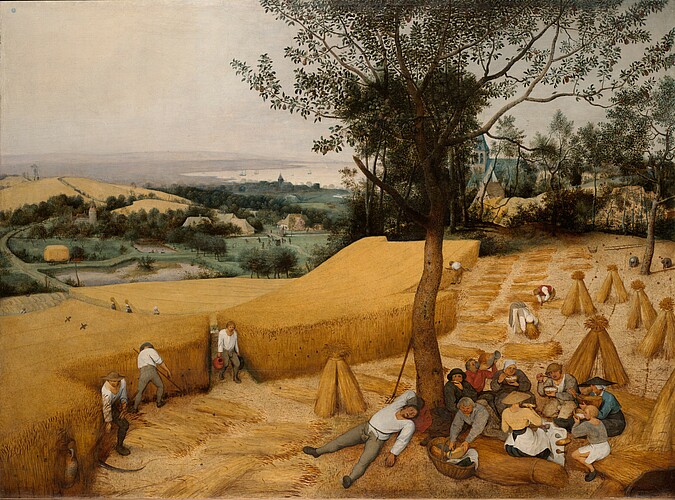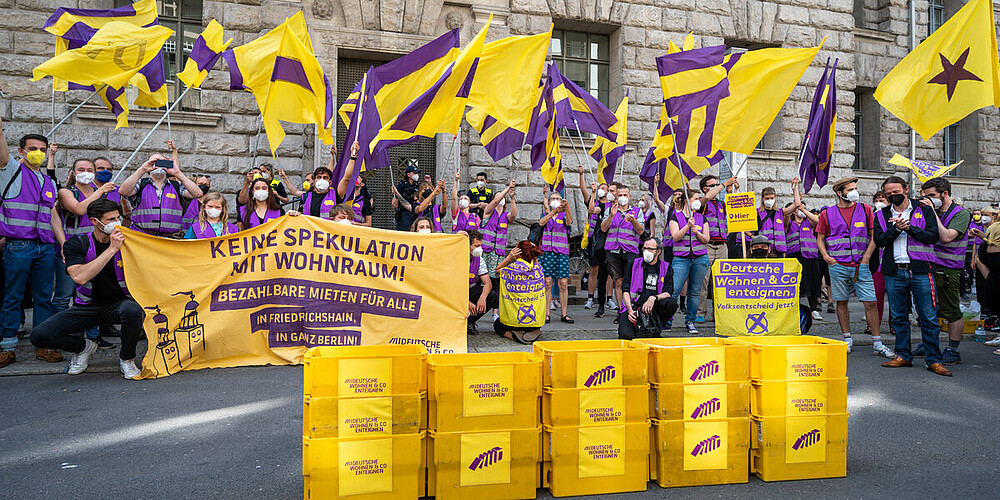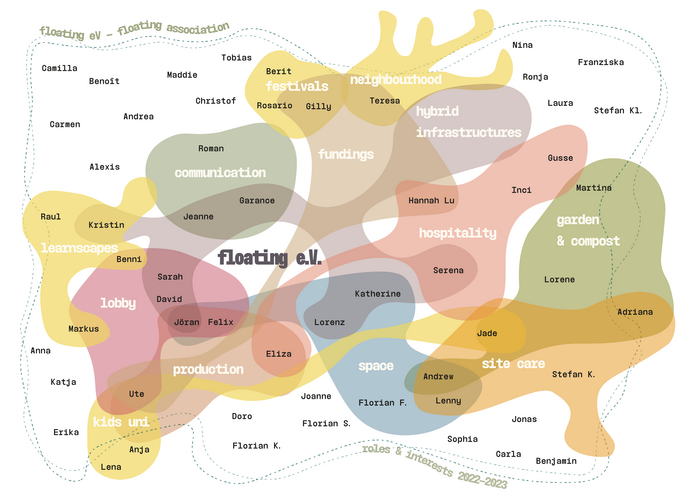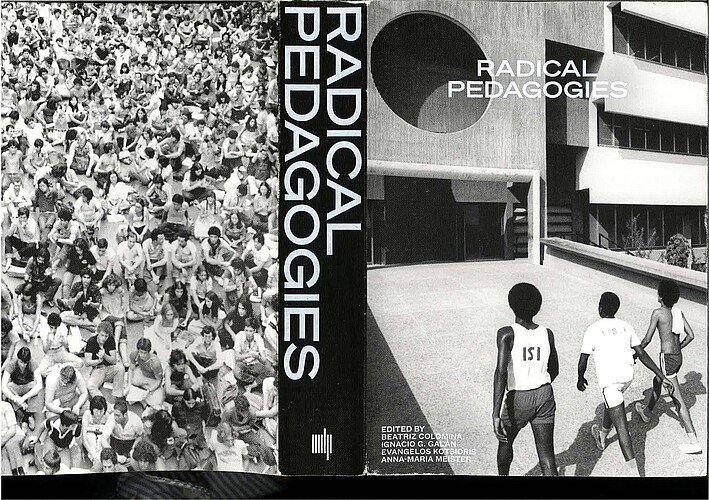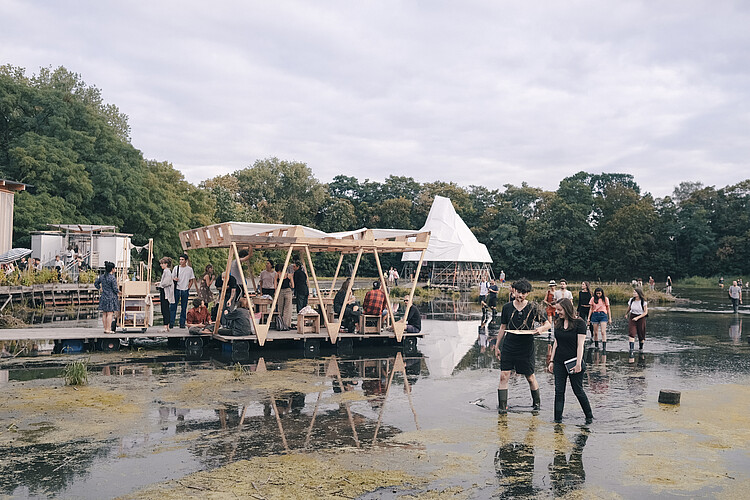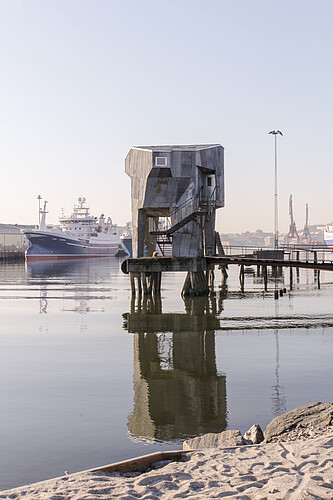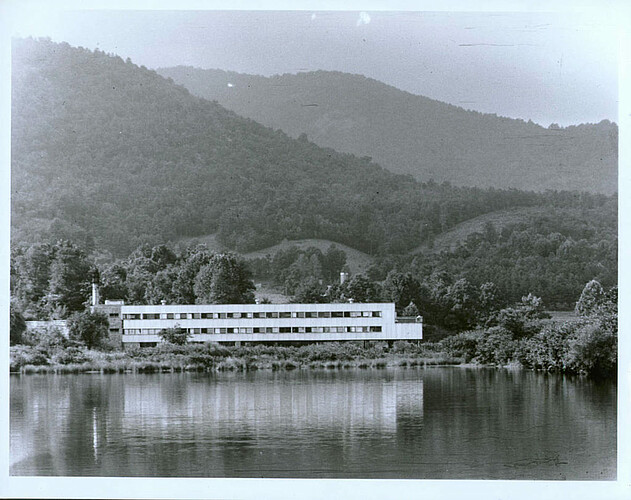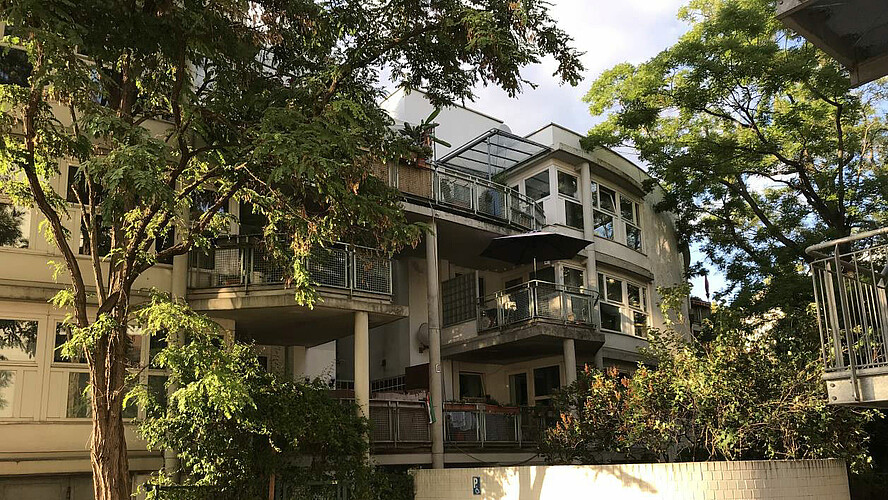studio raumproduktion 25: designing transformation - city of commons
Many different people live together in the city. But is the city therefore a common, a collective form? Our design project is based on this question, more precisely on the perspective of the commons and the practice of commoning.
The commons, the common good, commoning have a long history in the way people relate to space. Since the 15th century, we have found ourselves in an ongoing process of enclosure and thus the reduction, the shrinking of the commons. Enclosure initially means literally fencing off a piece of land that was previously available to everyone. As long as the land (the commons) can be used by the people (the commoners), they can share the proceeds of the land and use it for their livelihood. When the land is enclosed and privatised, this connection is severed. Historically, this has led to the impoverishment of the rural population, who were then forced into wage labour for others, not least the large migratory movements from the countryside to the cities of industrialisation, which can be understood as a result of this often violent change in the ownership and use of the land. The continuation of this debate can be found today in the question of affordable housing. The majority of voters in Berlin have decided by referendum that Berlin should bring more housing back into public hands, that privatisation must be reversed - expropriating Deutsche Wohnen is the demand for the remunicipalisation of housing. The commons form the basic perspective of our design project. The floating becomes the basis of our work.
01 researching practices of commoning
In the research phase of the project, we will analyse projects in the field of built space as well as in the field of communal learning environments from this perspective. We connect directly with the three current Berlin model projects oriented towards the common good: the Dragoner Areal / Rathausblock / Zusammenstelle, the Haus der Statistik / ZusammenKunft Berlin e.G. and the floating University / floating e.V. We ask ourselves: how are they organised? How are decisions made? Who is involved? How have the projects developed? Where do they stand and where do they go from here?
We combine this research with research on public housing associations, housing cooperatives, tenement syndicates and other examples of spatial (self-)organisation. The second research focus is on learning environments and also asks: Who learns? Who teaches? Who determines what is learnt? What types of knowledge are there, which are prioritised? What is in the curriculum and why? What is missing? How are these environments organised? What roles are there and who takes them?
02 designing (models for) transfomation: entagled spaces of learning
In the design we develop models for interconnected, entagled, collaborative learning. We look at knowledge as a commons and the exchange of knowledge as the practice of commoning. We design spaces for collaborative learning practice, each docked to one of the three model projects. Fascinating hybrids emerge that create a utopia of (architectural) education that is distributed throughout the city, docked in special places and deeply interwoven.
03 acting the commons
What exactly will be realised in the action phase of the project is based on the first two phases. Three possible but not exclusive paths can look like this:
Each design project is followed by a perfomative or structural gesture on site at the three model projects. Or: we synthesise the ideas into a (larger) collaborative intervention in the floating. Or: we project back onto the learning spaces in the Udk and its surroundings and act and construct there.
Conclusion
In the context of growing social inequalities, we examine case studies that promote the common good and resist unjust, speculative and exclusionary spatial design.
In doing so, we consider the impact of these changes on the professions of spatial planners, architects and urban designers in order to develop new approaches to organisation, labour and production.
We are particularly interested in the social, economic and political conditions in which architecture and cities are created, as well as the tools and methods that enable the active co-design of space.
In this context, we explore the possibilities of co-determination and negotiation processes to promote the democratisation of (public) space and non-profit, collective project development and financing models. As the Viennese architect and activist Gabu Heindl emphasises: ‘Architecture is not just a service, but an analytical design of the environment.’
Dates:
First meeting (for those who are in berlin): Wednesday 16.04.25 - 10.00h - Room 401
Further first meeting / Kick-off week: as an exception Tuesday 22.04.25 - 10.00h - Room 201 (Aula)
Fri to Sun, 25-27 April, Care/Repair days at Floating: each spring the space group and group of volunteers of Floating University e.V. run the “Build+Care+Repair” programme where the structures are repaired, mended and re-installed. This is the chance to get to know the site and the association, and already share knowledge and resources. (https://floating-berlin.org/)
Mon to Wednesday, 28-30 April, Berlin Exkursion: all day and in the evening to Lima Haus (meeting with architect Inken Baller), Dragonerareal (meeting with Matthias Heyden), Genossenschaftsforum (meeting with Caroline Rosenthal)...
The project schedule in the three phases follows the overall rhythm of the Superstudio.
Studio day is Wednesday.
Participants approx. 18
Registration in Moodle
